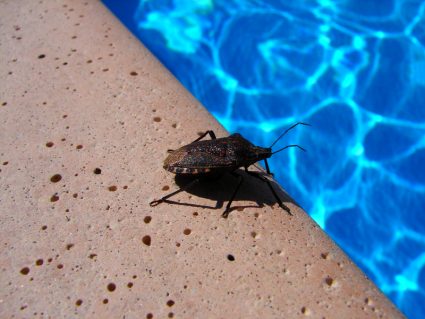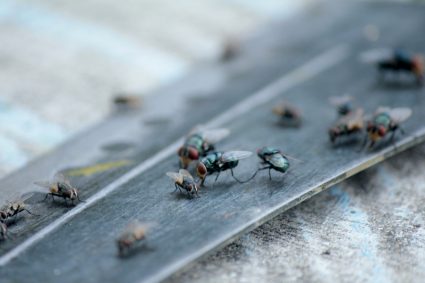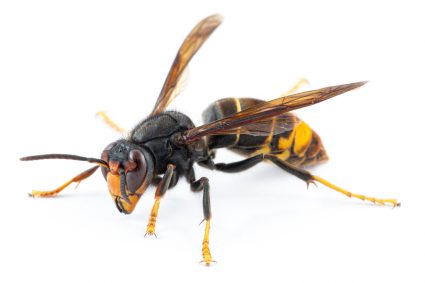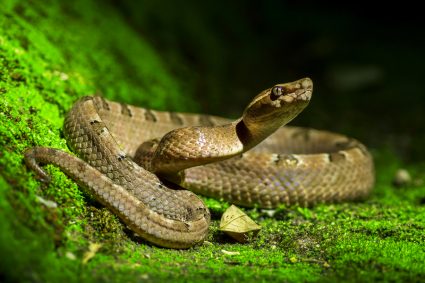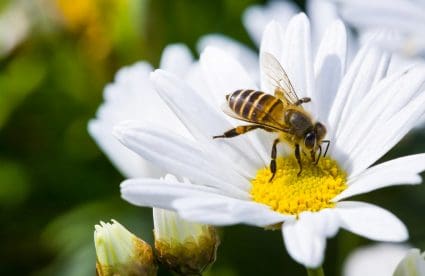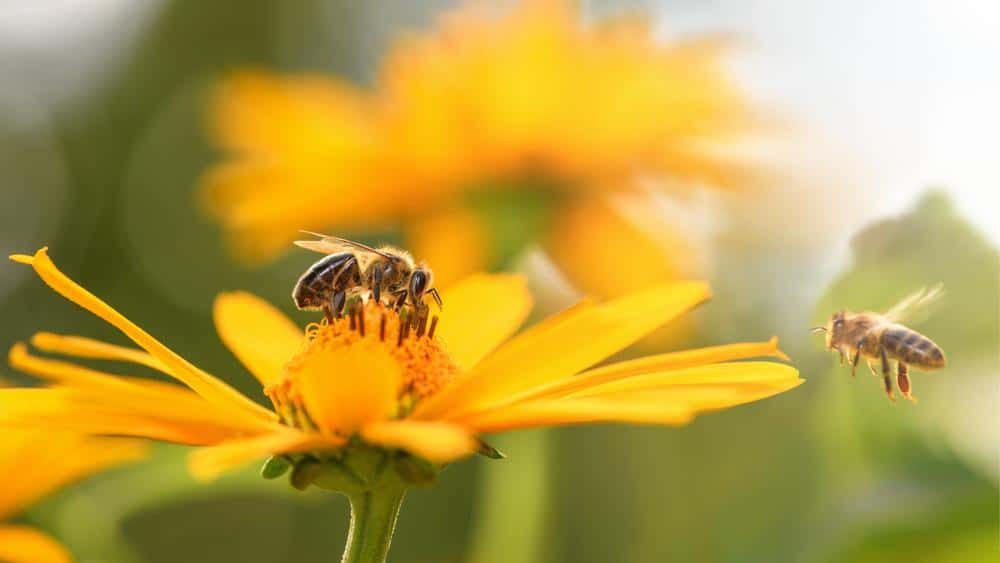
Bees are essential to our ecosystem, acting as vital pollinators for a wide variety of plants. However, sometimes they can become a nuisance to homeowners, especially if they build their hives close to human habitats. In such cases, many people look for ways to repel or eliminate these buzzing insects. One substance often mentioned in this context is boric acid. But does boric acid kill bees? Let’s dive in and find out.
Boric acid is considered relatively non-toxic to bees, especially honey bees, according to the U.S. Environmental Protection Agency. However, in high concentrations, such as a 5% boric acid solution, it can be toxic to bees. Therefore, while boric acid can be used as a pest control agent, it should be used responsibly to avoid potential harm to bees and other pollinators.
What is Boric Acid?
Boric acid, also known as orthoboric acid or hydrogen orthoborate, is a weak acid that appears as a white crystalline or powdery substance and is odorless. It has various applications, ranging from antiseptic and medicinal uses to manufacturing and cleaning purposes. In the realm of pest control, boric acid and its sodium salts are active ingredients in pesticide products used against insects, spiders, mites, algae, molds, fungi, and weeds. However, it can be toxic in high concentrations or when ingested.
The Effect of Boric Acid on Bees
Boric acid’s impact on bees is nuanced. The U.S. Environmental Protection Agency (EPA) has concluded that boric acid is relatively non-toxic to bees. In fact, boric acid is essentially non-toxic to honey bees. However, high concentrations of boric acid can be toxic to bees. For example, a concentration of 5% boric acid in a honey bait station was found to be toxic to bees.
Research and Studies on Boric Acid and Bees
Research on the effects of boric acid on bees is limited, but some studies have been conducted. In one study, a treatment containing 0.5% boric acid was found to be lethal to beetles but did not significantly affect honey bee survival. Another study highlighted the importance of researching sublethal effects of pesticide residues on stingless bees when exposed to low doses of fipronil and boric acid.
Comparing Boric Acid to Other Pesticides
Boric acid is considered to have a relatively low impact on honey bees compared to other common pesticides or insecticides. Some native bee species can be more vulnerable than honey bees to pesticides due to their smaller body size and other physiological and behavioral differences. Therefore, while boric acid may have a lower impact on honey bees compared to other pesticides, it is still essential to use it responsibly and consider its potential effects on other bee species.
Ecological Implications of Using Boric Acid
While boric acid has a low toxicity to bees, it is essential to use it responsibly and follow label directions to minimize any potential negative ecological impacts. When used appropriately, boric acid can be an effective pest control agent without causing significant harm to bees and other pollinators.
Regulations and Guidelines on Boric Acid Use
The EPA has issued an Interim Registration Review Decision for boric acid and sodium borate salts, which are used as insecticides, acaricides, herbicides, algaecides, fungicides, and material preservatives. The EPA has determined that boric acid and its sodium salts should be exempted from the requirement of a tolerance (maximum residue limit) for all raw agricultural commodities due to their low toxicity and natural occurrence.
Safer Alternatives to Boric Acid
Safer alternatives to boric acid that are bee-friendly include citric acid, insecticidal soap, horticultural oil, neem oil, and vinegar. Additionally, you can implement Integrated Pest Management (IPM) principles to control pests while protecting pollinators.
Natural Ways to Repel Bees
There are several natural ways to repel bees, including using plants, essential oils, and homemade repellents. Some effective methods are peppermint, vinegar, citrus rind, cinnamon, crushed garlic, vanilla mixture, citronella, and certain essential oils.
Conclusion
While boric acid can be an effective pest control agent, it is relatively non-toxic to bees unless used in high concentrations. It is crucial to use it responsibly and consider its potential effects on the ecosystem. If you’re dealing with a bee infestation, consider using safer, bee-friendly alternatives or consult a professional for assistance.
Frequently Asked Questions
What is the difference between boric acid and borax?
Boric acid and borax are both boron-containing compounds but have different chemical structures. Boric acid is a weak acid, while borax is a salt of boric acid. They have different uses; boric acid is often used as an antiseptic or pesticide, while borax is used in cleaning products, laundry detergent, and even as a food ingredient in some countries.
Can boric acid harm other insects besides bees?
Yes, boric acid is an effective pesticide against a variety of insects, including ants, cockroaches, termites, and silverfish. However, its toxicity varies depending on the insect species and the concentration of boric acid used.
Where can I purchase boric acid?
Boric acid is widely available and can be purchased from many online retailers, hardware stores, and pharmacies.
How should I apply boric acid if I want to use it as a pesticide?
If you decide to use boric acid as a pesticide, it’s typically applied as a dust or in bait stations. Always follow the product’s instructions and precautions to ensure safe and effective use.
What precautions should I take when handling boric acid?
When handling boric acid, it’s important to wear protective gloves and eye protection. Avoid inhaling the dust and keep it out of reach of children and pets. If ingested or if it comes into contact with your eyes or skin, seek medical attention immediately.


